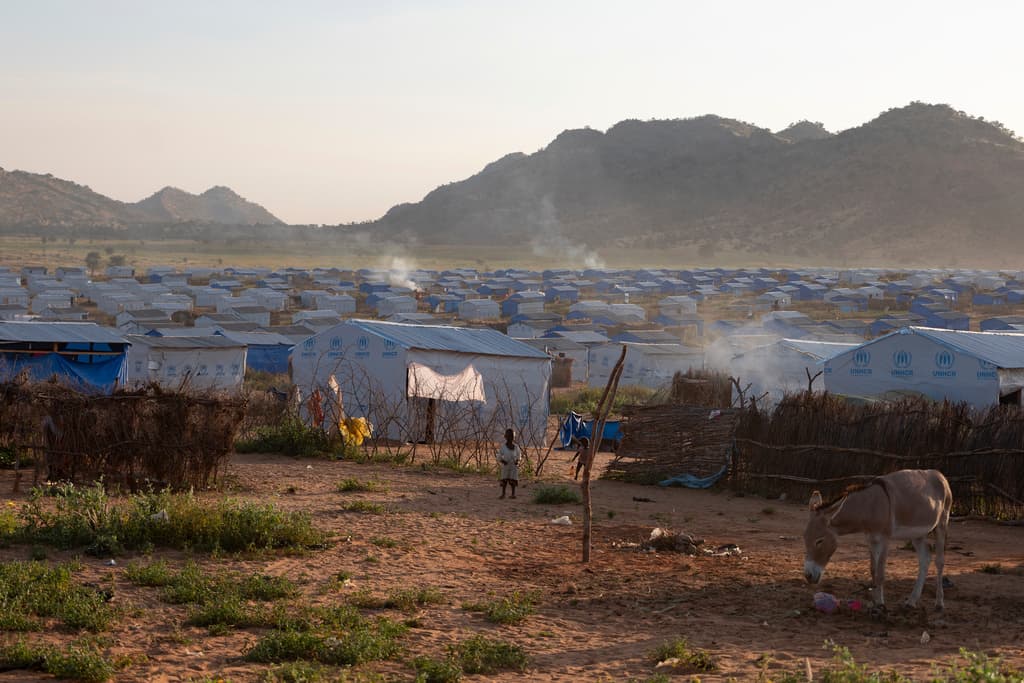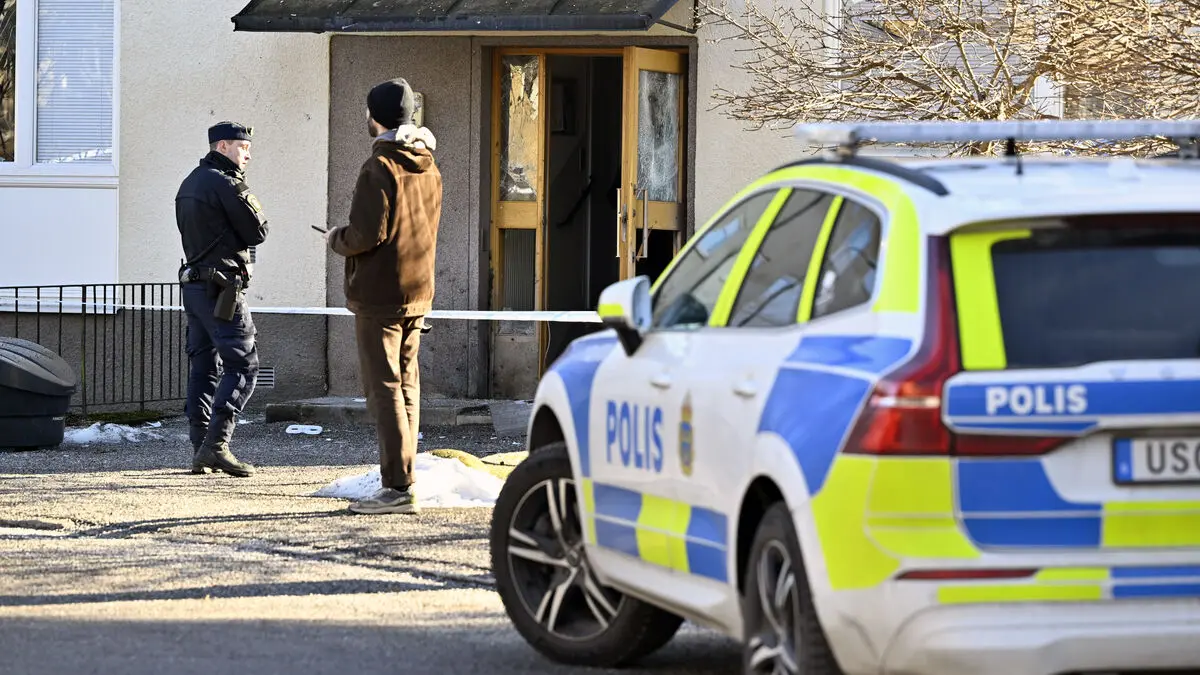The ongoing war in Sudan has caused one of the worst humanitarian crises in the world in decades, according to the organisation Doctors Without Borders (MSF).
Warnings also come from the UN's refugee agency UNHCR, which states that the risk of famine has increased in the country.
The suffering in the country is at extreme levels and the need for help is growing all the time, says Christos Christou, doctor and international president of Doctors Without Borders (MSF).
Yet the humanitarian response is deeply inadequate, he says in a video clip on X.
The fighting in Sudan broke out in 2023 when the former partners in the army and RSF began fighting each other. It has led to tens of thousands of people being killed and over ten million having been forced to flee, according to the UN.
Both sides in the war have been accused of war crimes, including deliberately targeting civilians and blocking humanitarian aid.
The lack of access to humanitarian aid is "inadequate" and increases the risk of famine in Sudan, according to UNHCR chief Filippo Grandi.
The world needs to continue working to ensure access to aid, for "otherwise we risk further forced displacements, and worse, we risk seeing people die of hunger", he says.
I am very worried, as I initially hoped, like many Sudanese did, that this would be a short-lived conflict.
Grandi also reports that there has been a small improvement in recent weeks, but much more needs to be done to improve access to emergency aid for people in Sudan.
The fighting in Sudan broke out in April last year and is between arch-rivals General Abd al-Fattah al-Burhan and his former deputy, Mohamed Hamdan Daglo, who leads the militia Rapid Support Forces (RSF).
RSF was formed in 2013 from the janjaweed militias – armed groups that Sudan's former dictator Omar al-Bashir had sent out to spread terror and quell the uprising in conflict-ridden Darfur in western Sudan in the early 2000s.
Both parties have been accused of war crimes.
Sources: AFP and AP






